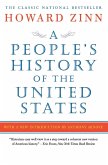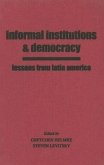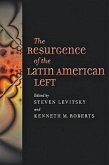The Arab revolutions that began in Tunisia in early 2011 spread like wildfire through the region, shocking observers across the world who had thought that Arab societies were incapable of turning on their repressive regimes. As Jean-Piere Filiu shows in his concise yet sweeping account of the revolution's pivotal first stage, the revolts that began in Tunis and continue today in Syria have exposed the fallacy of Western pronouncements about Islamic societies' inability to incubate modern democratic movements. Stressing the deep historical roots of the events and organizing the book around 'ten lessons, ' Filiu's authoritative command of the events in all their diversity shines through. Facebook-savvy youth from the urban middle class proved central in the relatively leaderless movement that drove events in Egypt, but disenfranchised youths from the wrong side of the tracks spearheaded the Tunisian revolution. Regardless of who led the revolution, ruling regimes that have managed to survive are attempting to adapt, whether through carrots or sticks. As we move forward, one of the most intriguing issues is the role that political Islam, particularly in the form of the Muslim Brotherhood, will play in evolving Arab societies. Will they embrace democracy and higher levels of tolerance, following a Turkish model? Recent events in Egypt suggest that this may be indeed be the case, which will undercut much of what Western commentators have said about the movement for decades. Interestingly, the main losers could well be the jihadi groups whose discourse and violence have been invalidated by the mass protests and their pluralist agendas. Regardless, even though the situation is still volatile, nothing will be the same again in the Arab world. Filiu's taut account of this major revolutionary movement points to what else might change, and at what cost.
Hinweis: Dieser Artikel kann nur an eine deutsche Lieferadresse ausgeliefert werden.
Hinweis: Dieser Artikel kann nur an eine deutsche Lieferadresse ausgeliefert werden.








